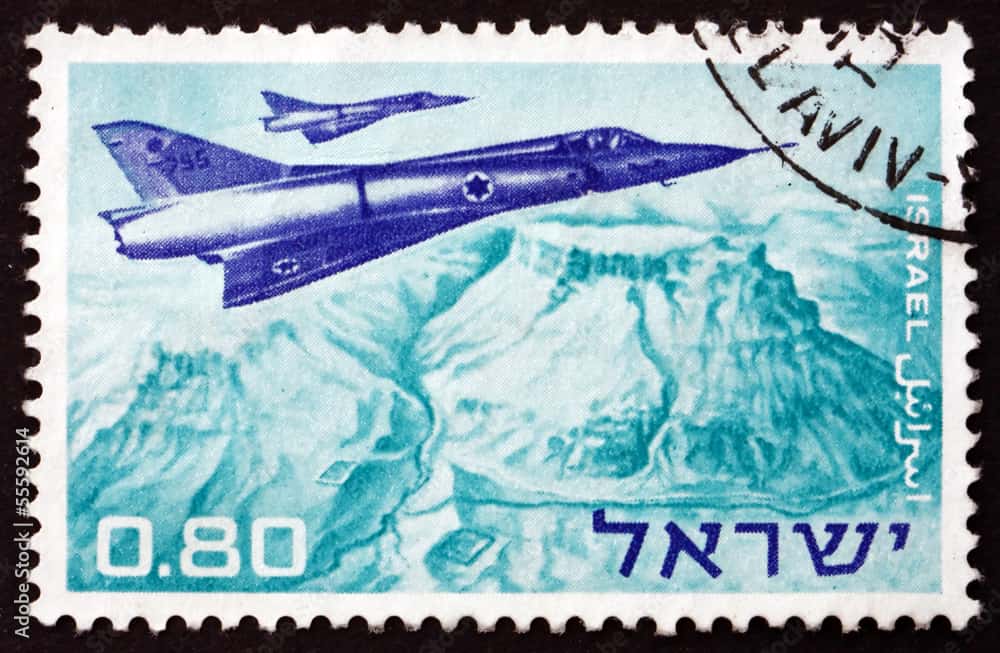
The Creation of a Kiddush Hashem
Perek daled, mishnah hei tells us about not causing a chillul Hashem. There is flip-side to this, and that is striving to create a Kiddush Hashem. The greatest form of Kiddush Hashem is amongst other Jews.
I recently read a story about a Kiddush Hashem that left me in a daze. It was so astounding because it was my father who created this tremendous Kiddush Hashem, and I never knew about it.
I am very grateful for the opportunity to share this story.
My Brother’s Levayah
My father had an extremely close relationship with my brother Chesky, the only boy in a family of girls. His death at the age of 14 was the most devastating experience. It left a vast hole of pain that felt like it would never heal.
Completely heartbroken, with pain written across his face, my father stood up in front of hundreds and hundreds (I think close to 1000) of people, ready to give a hesped about his beloved Chesky. The community, pained by this loss, couldn’t imagine what my father would say under these most tragic circumstances. The place was silent. And then in a pain-filled voice, he started talking. He spoke about his beloved son and how deeply he was longing to be with him. He spoke about the special relationship between the two of them and the unique qualities that my brother possessed.
The Most Painful Questions
And then came the most heartrending questions. How could we accept this terrible tragedy as something good from Hashem? How could a doting mother who has lost her youngest child continue onward? How could young, innocent, ehrliche children accept the death of a sibling as something good? What do we say to grandparents, Holocaust survivors who lost most of their families in the war? He touched on everyone’s raw emotions. Tears were streaming down many people’s faces, and muffled sobs could be heard the entire time he spoke.
And then in a strong, loud voice he declared that regardless of the size and difficulty of the nisayon, this was Hashem’s ultimate Will, and he would accept it as good and help everyone else accept it as well. His voice broke. “Hashem,” he declared, “this hurts so badly. But yes, we will accept it.” The muffled sobs became loud cries.
Creating a Kiddush Hashem
During the first day or two of shivah, people told my father that his hesped created a tremendous Kiddush Hashem. My father shrugged them off, thinking that they were being polite. When more people mentioned this to my father, he again didn’t think much of it, figuring they had nothing better to say. But throughout the week, people repeated similar sentiments.
My father understood that his hesped had evoked very positive feelings. But he wasn’t sure why.
Towards the end of shivah, my father heard these sentiments again from the funeral director. My father looked at him and asked, “Please explain what you mean. I want to understand.”
The funeral director thought for a moment before answering. On the day of Chesky’s levayah, the funeral home filled up, not even leaving any standing room. Overflow crowds stood outside the building. Before the levayah began, there was a feeling of heaviness. Everyone felt so sad and angry. Here was a community that had rallied together to beg for this young boy’s life, with tefillah and shemiras halashon and tzedakah campaigns. Our family had not been fighting our challenge alone. It was a community battle for Chesky’s life.
Chesky was their neighbor, their son’s classmate, or the boy that davened in that seat in the shul.
A 14-year-old boy, a ben yachid, couldn’t die.
So as the funeral home filled up with a grief-stricken community, there was a feeling of anger and despair in the air.
And then my father stood up. And he didn’t pretend for a second that he wasn’t in tremendous pain. He honestly expressed his raw and deep feelings.
Yet, he still proclaimed, “This is from Hashem. We don’t know why. But I will accept it.”
The mood lightened. Yes, everyone was somber. Yes, this was a terrible tragedy. But it wasn’t pointless, without reason. It was the Will of Hashem. Hashem has His reasons; we just don’t know what they are.
The crowds sitting and standing accepted it. They understood that they were sad and in pain for our family. But it was from Hashem, and we would all accept it.
And so in front of hundreds of people, my father, who had just watched his beloved Chesky die, created the ultimate Kiddush Hashem.
I am so proud to be his daughter.
Chevrah Lomdei Mishnah / The Society for Mishnah Study is a 501(c)3 non-profit organization dedicated to providing loved ones eternal merit through Torah Study and Prayer.












